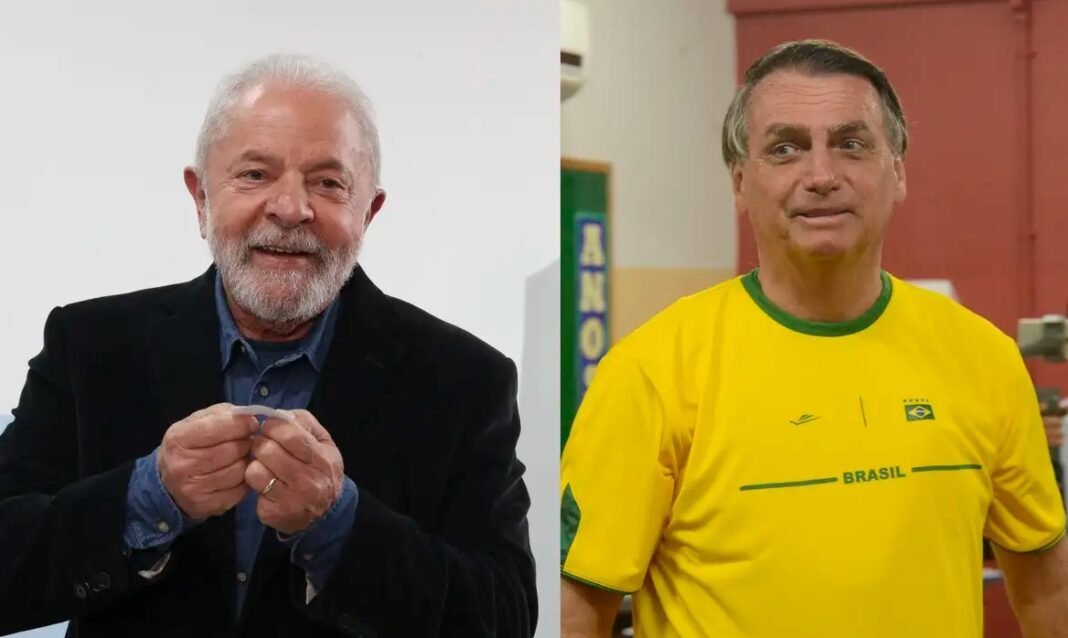Under pressure due to his declining popularity and recent political turmoil, President Lula (PT) is set to reshuffle his ministerial team, a move accelerated by the fallout from the Pix crisis and poor opinion poll results. Meanwhile, the Attorney General’s Office (PGR) has formally indicted former president Jair Bolsonaro and 33 allies for an attempted coup in 2022, alleging that he led a criminal organization with an authoritarian project to undermine democracy. These developments intensify political tensions, with the government seeking to strengthen its position in Congress while the opposition grapples with Bolsonaro’s legal troubles and the need to define a viable candidate for the 2026 presidential race.
This Content Is Only For Subscribers
To unlock this content, subscribe to INTERLIRA Reports.
Confirmed Change: Health Ministry
One of the most significant adjustments is the transfer of Alexandre Padilha to the Ministry of Health, replacing Nísia Trindade. The assessment within the government is that the ministry, which manages one of the largest budgets, has struggled to advance key programs that Lula wants to showcase in his third term, such as Mais Especialidades. Padilha, known for his political skills, is expected to strengthen the administration’s relationship with Congress, particularly in expediting the approval of parliamentary amendments. The Ministry of Health is a primary recipient of funds allocated by lawmakers, making its leadership crucial for political negotiations.
Institutional Relations: A Strategic Move
With Padilha’s transfer to Health, Lula must decide on a new head for the Secretariat of Institutional Relations. It remains unclear whether the position will stay with the PT or be given to a Centrão ally in a bid to expand the government’s congressional support. One leading contender is Silvio Costa Filho, the current Minister of Ports and Airports. A federal deputy on leave, Costa Filho is backed by Centrão leaders and is a member of the Republican party, the same party as the Speaker of the Chamber of Deputies, Hugo Motta (PB). The Secretariat of Institutional Relations plays a key role in negotiating votes, positions, and budget allocations with Congress and serves as the government’s primary liaison with lawmakers.
Additional Ministerial Adjustments
Beyond these key shifts, Lula plans further changes to inject momentum into his administration amid declining approval ratings. One expected move is the appointment of Gleisi Hoffmann, current PT president, to the General Secretariat of the Republic, replacing Márcio Macêdo. Other ministries under review include Science, Technology, and Innovation, currently led by Luciana Santos, which may see changes as part of Lula’s restructuring efforts. The Ministry of Development, Industry, and Commerce, occupied by Vice President Geraldo Alckmin, is also being considered in the reshuffle.
Bolsonaro Indicted
The Attorney General’s Office (PGR) has formally indicted former President Jair Bolsonaro for his involvement in the 2022 coup attempt. He faces charges of leading an armed criminal organization, attempting to violently abolish the Democratic Rule of Law, orchestrating a coup d’état, committing qualified damage through violence and threats against government property, and deteriorating protected national heritage. According to the PGR, Bolsonaro led a group that sought to overthrow democracy in Brazil. If the Supreme Federal Court (STF) accepts the charges, he will become a defendant and face criminal proceedings. Other key figures indicted include former Minister and 2022 vice-presidential candidate General Braga Netto and Bolsonaro’s former aide-de-camp Mauro Cid. In total, 34 people have been charged.
Opposition at a Crossroads
Right-wing and centrist leaders are growing increasingly uneasy with Bolsonaro’s insistence on leading a ticket for the 2026 presidential election, despite his ineligibility. Behind closed doors, many fear that delaying the selection of an alternative candidate could cost them the election. The PGR’s indictment, which could lead to Bolsonaro’s criminal conviction in 2025, has intensified concerns about his role in shaping the opposition’s strategy. To strengthen their electoral chances, opposition leaders argue that the right must unite behind a single candidate by the end of 2024, allowing sufficient time to build a national campaign. The most prominent name currently being considered is São Paulo Governor Tarcísio de Freitas (Republicans), who has gained traction as a potential leader for the conservative bloc. As political uncertainty deepens, both the government and the opposition face crucial decisions that will shape Brazil’s political landscape in the coming years.
Analysis:
Lula’s ministerial reshuffle reflects a pragmatic response to political challenges, aiming to secure congressional support amid declining approval ratings and growing tensions with the Centrão. The decision to replace Nísia Trindade with Alexandre Padilha at the Ministry of Health underscores a shift toward political maneuverability over technical expertise. With the ministry controlling substantial budget allocations tied to parliamentary amendments, Padilha’s appointment signals an effort to strengthen negotiations with Congress and stabilize Lula’s legislative base.
Meanwhile, Bolsonaro’s indictment by the Attorney General’s Office adds volatility to the political landscape, deepening divisions within the right. While he remains the dominant conservative figure, his legal troubles complicate the opposition’s strategy for 2026. Key right-wing and centrist leaders hesitate to fully align with him, fearing that his judicial battles could weaken their electoral prospects.
This scenario highlights the fragile equilibrium of Brazilian democracy, where governance hinges on transactional politics, and opposition struggles with leadership transitions. Both Lula and Bolsonaro embody centralized political figures, limiting space for new leaders to emerge.




